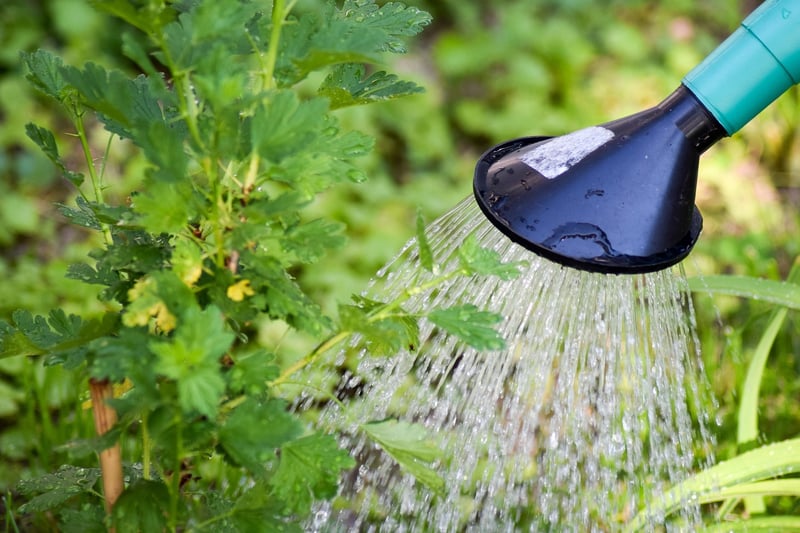Soil Requirements
The Complete Guide to Essential Care Techniques and Soil Requirements for Healthy Plants
Introduction
Healthy plants are essential for a thriving garden or indoor space. To ensure your plants are vibrant and flourishing, it's crucial to understand essential care techniques and the specific soil requirements they need. In this guide, we'll explore the fundamentals of plant care and soil necessities to help you maintain a green and lively environment.
Essential Care Techniques
1. Watering
Proper watering is key to plant health. Different plants have varying water needs, so it's essential to research your plant species and water accordingly. Overwatering can lead to root rot, while underwatering can cause wilting and stunted growth.

2. Light Exposure
Plants require light for photosynthesis, the process by which they produce energy. Ensure your plants receive adequate sunlight according to their light requirements. Consider placing light-loving plants in sunny spots and shade-loving plants in less sunny areas.

3. Pruning
Regular pruning helps maintain plant shape, promotes growth, and removes dead or diseased parts. Use clean and sharp tools to prevent damage to the plant. Prune according to the plant type and growth habit.

Soil Requirements
Healthy soil provides essential nutrients, proper aeration, and drainage for plants to thrive. Understanding your plant's soil requirements is crucial for their overall well-being.
1. pH Level
Most plants prefer a slightly acidic to neutral pH level. Test your soil's pH and amend it accordingly using products like lime to raise pH or sulfur to lower pH.
2. Drainage
Good drainage is crucial to prevent waterlogging, which can lead to root rot. Ensure your plant's containers or garden beds have adequate drainage holes to allow excess water to escape.
3. Organic Matter
Organic matter like compost enriches the soil with nutrients, improves soil structure, and enhances microbial activity. Add compost regularly to boost soil fertility and plant growth.
4. Mulching
Mulching helps retain soil moisture, suppresses weed growth, and regulates soil temperature. Apply organic mulch like wood chips or straw around plants to benefit their growth.

Conclusion
By implementing these essential care techniques and understanding the soil requirements of your plants, you can create a nurturing environment for healthy and thriving greenery. Remember to observe your plants closely, adjust care as needed, and enjoy the beauty and benefits of a well-cared-for garden or indoor plant collection.
